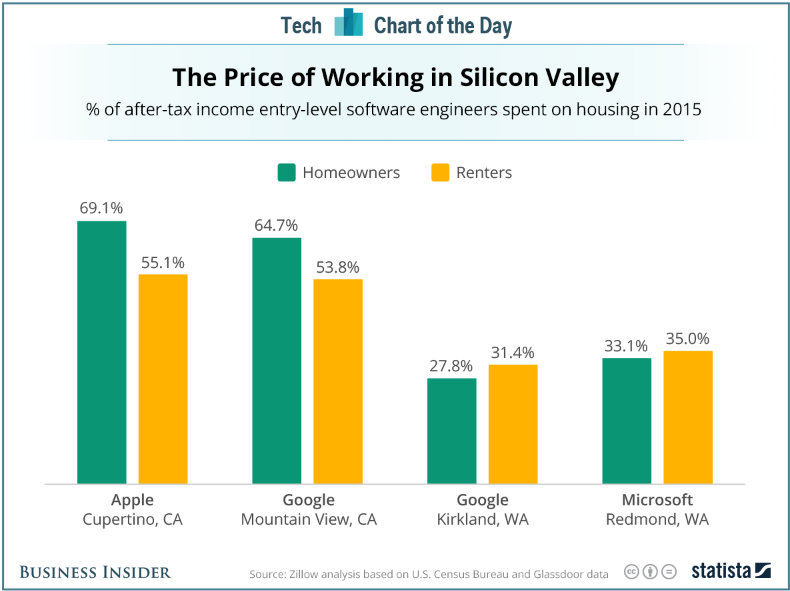I hear one thing over and over from people who read my stuff or see my presentations:
“It’s not rocket science.”
I take that as a compliment. I’m not trying to ‘wow’ anyone with my big brain. I’ve never been known for being the big brain type. I’m the common sense, straight forward type. HR and Recruiting, to me, shouldn’t be hard and complex. It should be simple and easy to understand.
That’s the problem.
Too many HR and Talent Pros want to make it seem like ‘our’ jobs are very complex and difficult. This is very natural, every profession does this. If HR is easy, you won’t be valued highly by leadership. So, let’s make it hard. The last thing anyone wants to do is come out and say, “Hey! A monkey to do my job, but keep paying $80K!” It’s very difficult culturally to come clean and say, “You know what? This stuff isn’t hard. It’s work. We have a lot to do. But, if we do what we know we have to do, we’ll solve this!”
But that’s HR and Talent Acquisition. It’s work. Many times it’s a lot of work! But we aren’t trying to solve the human genome! We are trying to administer some processes, get our employees better, find ways to keep them engaged and happy, and find more folks who want to become a part of what we are doing. Not overly hard. It’s not rocket science.
I think the complexity in HR and Recruiting comes into play with ‘us’ not being aligned with what our leadership truly wants. Many times we flat out guess what we think they want out of HR. Sometimes we assume what they want, and try and do that. Very rarely do we actually find out exactly what they expect, and just deliver that.
There are a number of reasons for this. First, we might not agree with what our leadership wants or expects from HR. So, we give them what we want and expect from HR. This never works well, but is tried often! Second, our leadership changes what the want and expect, as they see better ways to HR and Recruiting. Change is a bitch. It’s more of a bitch when it’s happening to you. Third, we might not have the experience to deliver what is wanted or needed. So, you get what we can give you.
This seems to be why delivering great HR and Talent Acquisition becomes rocket science. Simply, we can’t have basic communication with our leadership and some self-insight on our capabilities of what we can actually deliver. Couple this with most people’s unwillingness to ask for help, because they fear others will look down on them for not knowing, and you’ve hit the HR rocket science grand slam!
HR isn’t hard. Recruiting isn’t hard. Dealing with expectations, and our own insecurities, that’s hard!

